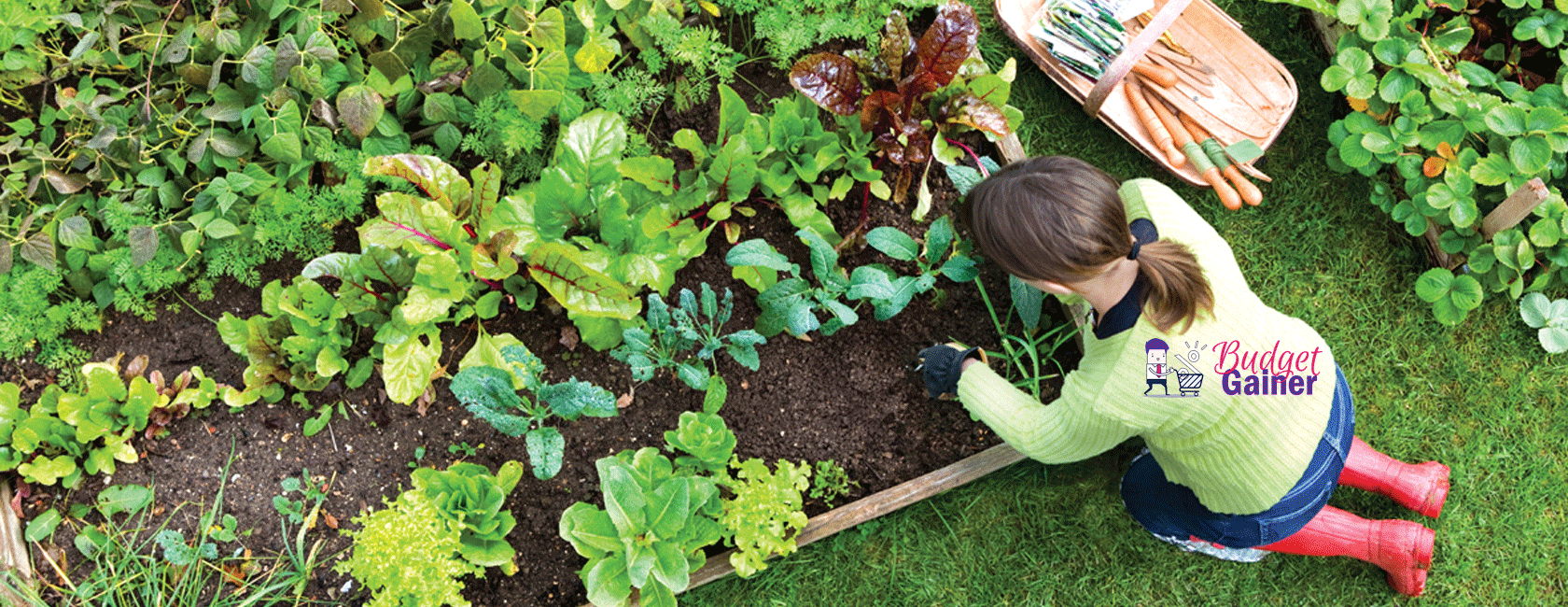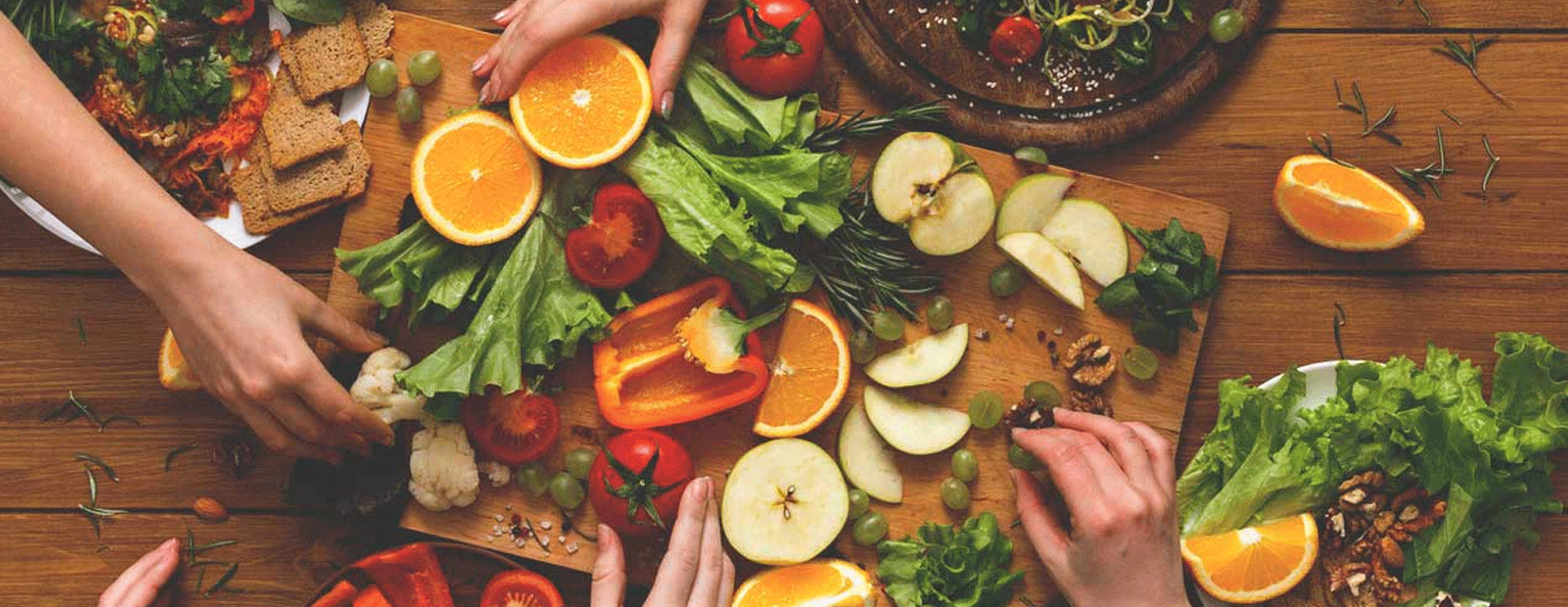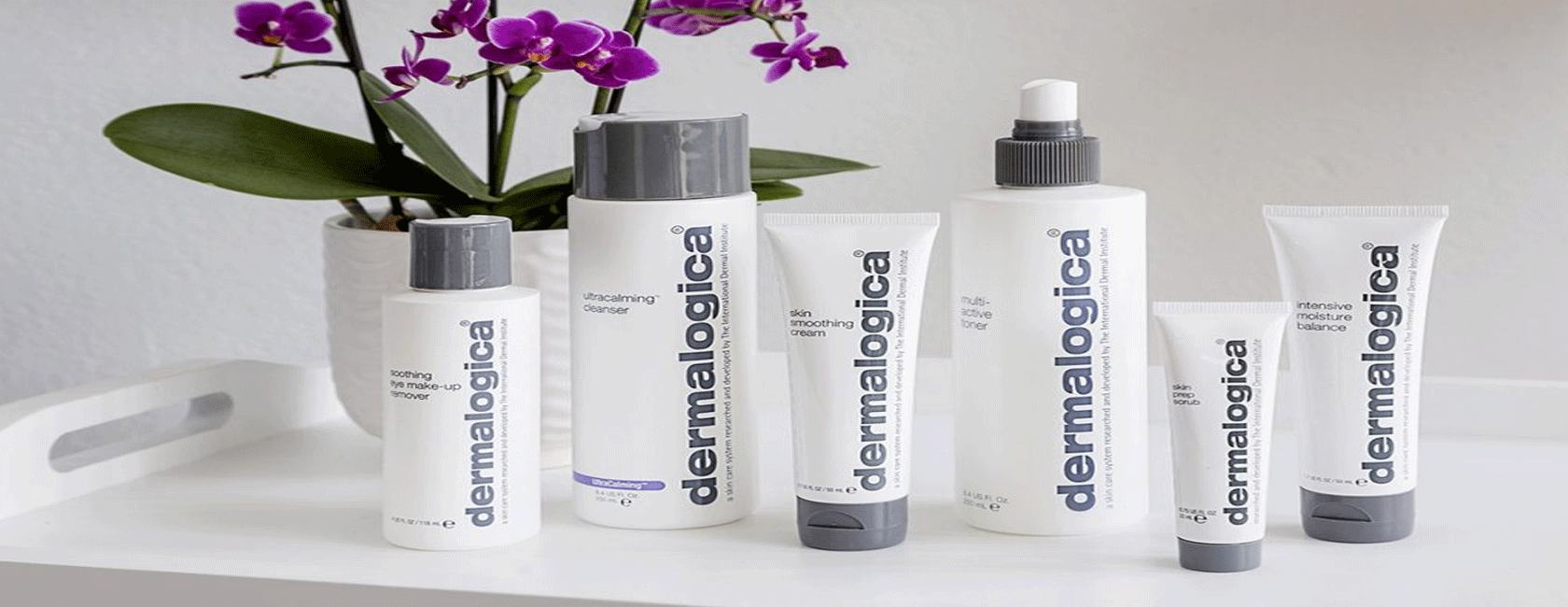
Editor's note: This article is part of budgetgainer.'s 2025 report.
Growing your
own vegetables can be rewarding, healthy and fun. Thompson and Morgan have a
fantastic range of vegetable seeds and plants, with everything you need to get
started.
Choose crops
that grow quickly and are easy to care for. Ensure your plot has good drainage
and is nutrient-rich with organic matter such as compost, leafy greens, grass
clippings or straw.
Planting
As
supermarkets continue to struggle with stock levels, it’s an ideal time for
gardeners to try their hand at growing vegetables themselves. It’s not only an
economical way to eat but is also highly rewarding and can be a fun family
activity. There’s no need for a large garden – you can grow flowers, vegetables
and herbs in containers, window boxes or even just a small patch of land at Thompson
and Morgan Free Delivery Voucher Code.
Regardless
of whether you plan on direct sowing your vegetables outdoors or indoors, it is
recommended to prepare the soil before planting. This will help to ensure the
seeds are able to germinate and thrive. This can be done by loosening the soil,
removing any weeds and if necessary adding in some well-rotted compost or
manure.
Many seeds
benefit from pre-chilling or stratification – a process which speeds up the
germination of slow to germinate varieties. Simply add the seeds to a seed tray
with some moistened compost, cover them with a plastic bag or cloche and place
in the refrigerator for the suggested amount of time.
It’s also
worth considering sowing some green manure (BUY NOW). These fast-growing plants
are an effective means of improving soil structure, suppressing weeds and
reducing the need for fertilizers.
Sowing
Whether
starting plants from seed indoors or in the garden, careful sowing will help to
ensure your vegetables thrive. The key is to make sure that you are giving your
seeds the best chance of germinating, which is why it is worth reading up on
growing guides and paying attention to the back of your seed packet for
specific information.
For example,
if you see mention of ‘pre-chilling’ or ‘stratification` on the packet this is
a process that helps to speed up germination for some varieties. You will need
to place your seeds on moistened seed compost, then seal the tray in a
polythene bag and move it into the refrigerator for a period of time (usually
about a week).
The back of
your seed packet should also typically give you a guideline as to the spacing
of your seeds. It`s worth bearing this in mind when sowing - particularly in
small gardens as it can be easier to manage the space you have with closely
spaced crops.
Paying close
attention to the soil conditions of your garden is also essential. It is
helpful to have a soil test done so you can determine if you need to add in
some extra nutrients or amend the soil with manure before planting your
vegetables. This can be achieved by simply having a sample taken and a chart
created to show the levels of nitrogen, phosphorous and potassium.
Growing
Some seeds
are quite unfussy and will germinate with the minimum of fuss, but others need
a bit more care. The seed packet will tell you what conditions are needed for
germination. For example, it may indicate that the seeds need to be started
indoors and supplied with just enough warmth to bring them to life. That
doesn`t necessarily mean a heated greenhouse or any other expensive equipment;
you can use an airing cupboard, a cold frame, or even just a sunny windowsill
to provide the warmth and moisture required by some seeds.
Once the
seeds are planted they will grow into mature vegetables, ready for harvesting.
During the growing process, it`s important to keep an eye out for insect pests
and diseases. It`s usually easier to manage them at an early stage, so a quick
visit to the garden every day or two will help prevent problems. Also,
practicing crop rotation can help reduce the build-up of pests and diseases in
the soil.
Growing your
own vegetables is a rewarding and enjoyable hobby. The tips above will help you
create a healthy, productive Home
& Garden Discount Codes and save money on fresh
produce from the supermarkets. Plus, you`ll be reducing your carbon footprint
and giving back to the environment at the same time. So, grab your Thompson And
Morgan catalogue and get planting!
Harvesting
When seed is
ripe it will usually come away easily from the pod or capsule with a little
fingertip pressure, and it should then be emptied into a labeled envelope for
storage. This process is sometimes known as `pre-chilling` and can speed up the
germination of some slow-to-start seeds. To pre-chill your seeds simply place
the enveloped seed in a sealed polythene bag and move it to a cool, dark place
such as the bottom of a refrigerator.
It is worth
checking that the seed is absolutely dry before storing, as damp seeds will
soon rot. Paper bags and envelopes are best, rather than cheap polythene bags
which can leak through the corners. Older envelopes are ideal, but it is always
a good idea to check that they have not been crudely folded leaving large holes
through which precious seed may trickle.
Growing
vegetables from seed is incredibly rewarding, but it can be tricky to get the
timing right. To help, Thompson
& Morgan include simple sowing and growing
instructions for each variety on every seed packet. You can also download the
Last Word
Thompson
& Morgan Seeds Calendar from the website to plan ahead and make sure that
you are sowing at the right time!







